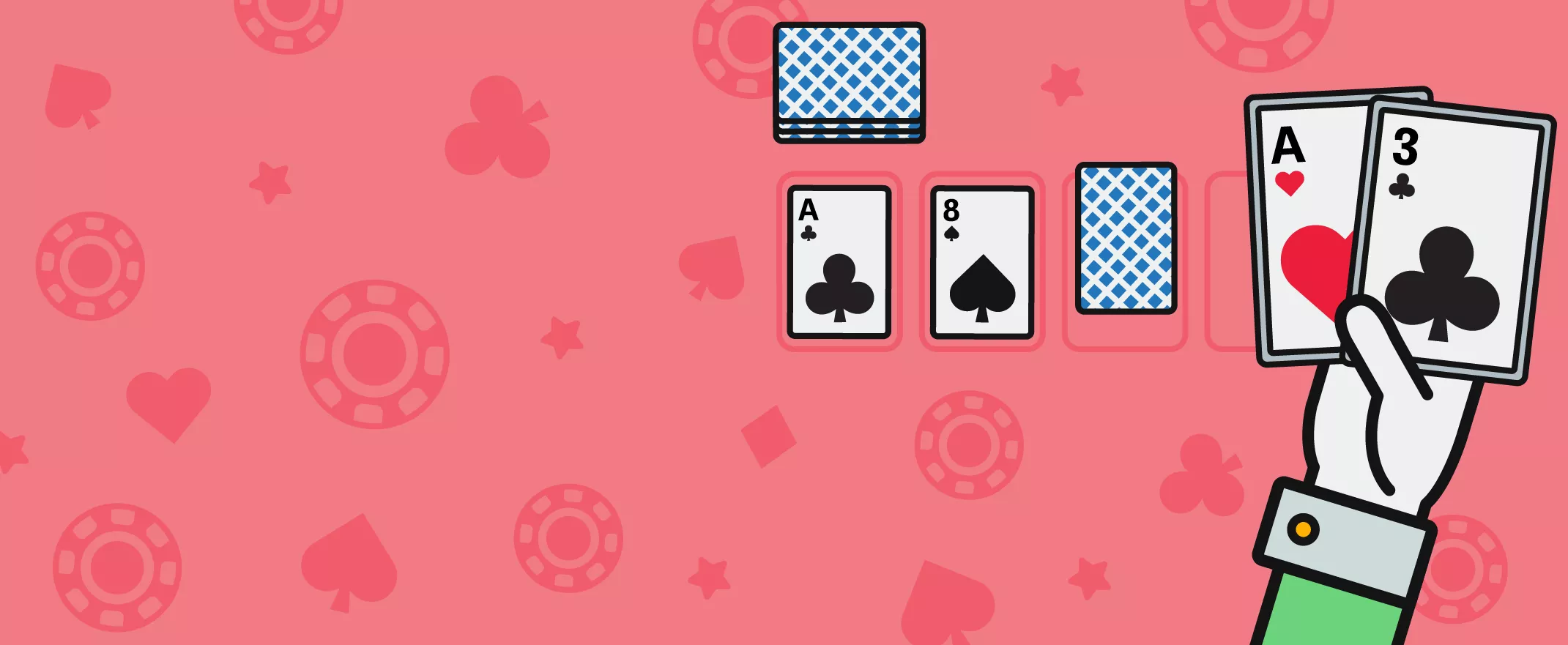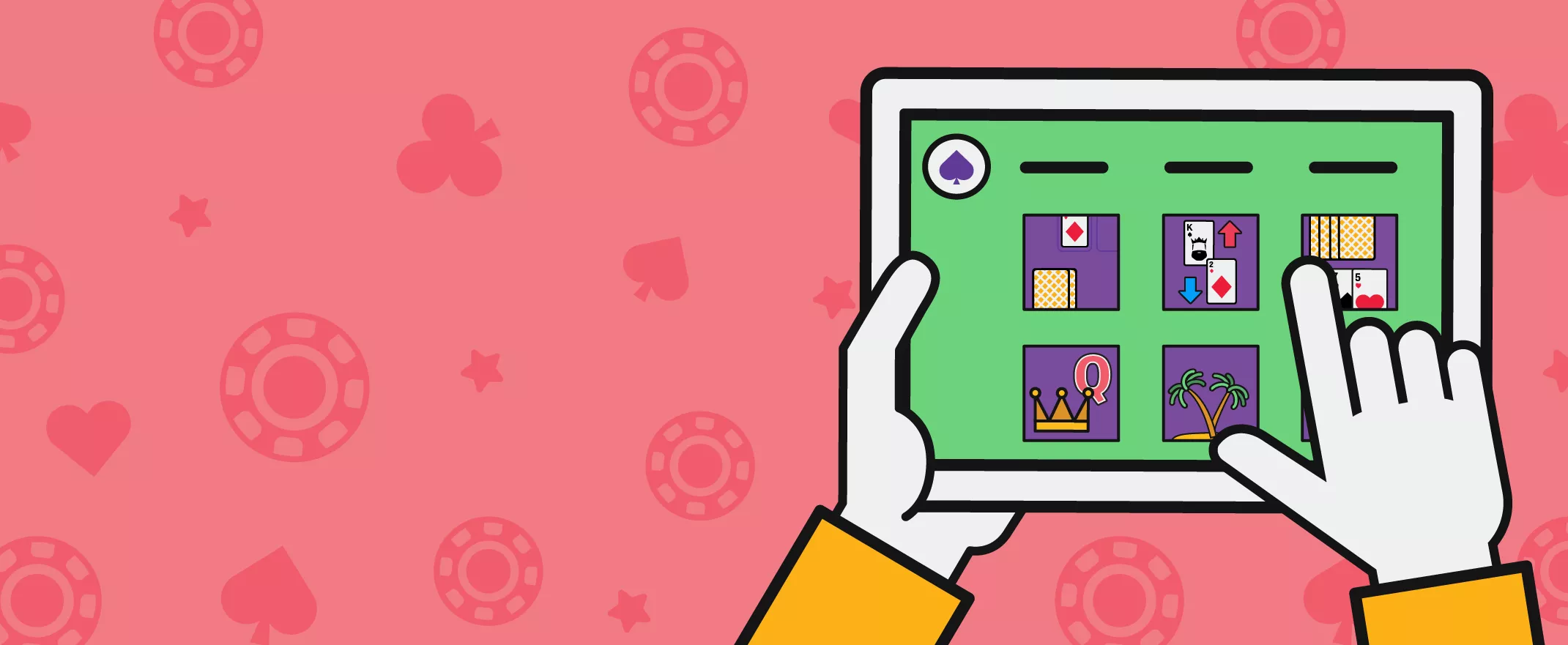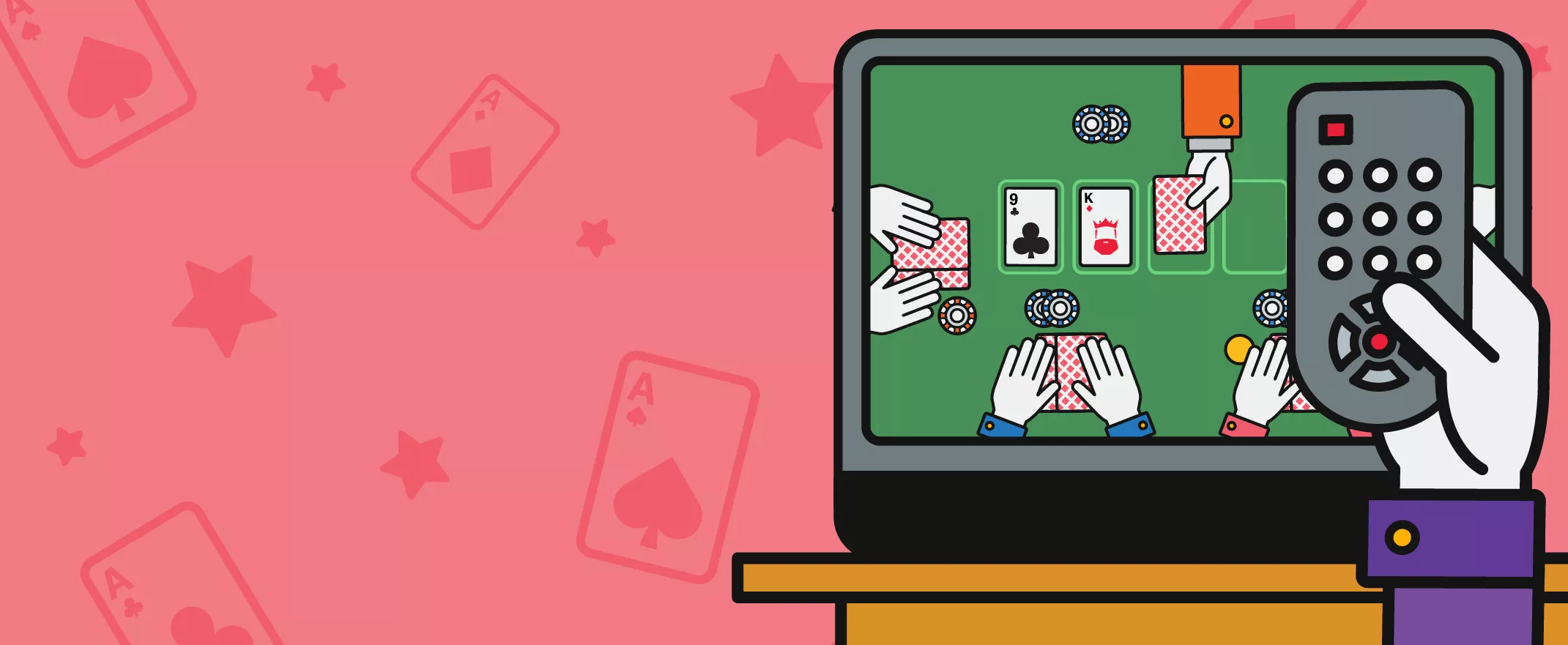Winning at poker relies on a number of factors – the cards you are dealt, your betting behaviour, your opponents’, odds and probabilities – and with all these to keep in mind, it can be tough to keep all of it straight in your mind. In this guide, we will be explaining nine important things you should be doing to hone your poker skills and start your poker experience off on the right foot.
Understand the poker game theory
You cannot expect to be good at something if you don’t understand how it works. Familiarise yourself with the rules of the poker variant you wish to play, looking out for nuances that might be different to other variations.
If you can organise or get yourself involved in amateur poker opportunities, they are a great way to help you put that knowledge into practice in a relaxed and friendly environment. These low-pressure games are also the perfect chance to learn from other players as well.
The decisions players make in poker hinge not only on the cards they hold but also on the odds they are facing in different situations. How likely is it that one specific card or a suit turns up? What are the pot odds?
Newbies might find these calculations daunting but they really do get easier with practice and repetition.
Pick your game type
As a beginner with an interest in poker, it is perfectly normal to want to try out all the different flavours available. Caribbean Stud! 5-Card Draw! Razz! Omaha! All these exotic names and the opportunity to learn a new game are very enticing.
While there is absolutely nothing wrong with trying out a few different variations and playing them long term, keep in mind that most professionals tend to stick to one game type only. This allows them to dedicate all their time at the table into improving their skills at one game, which makes them more formidable opponents.

Know what cards you will play
One of the most important skills when playing poker is being able to immediately identify strong versus weak hands and what you can do with them. In many cases, the best option is to fold, even though that’s not very exciting for the player.
Another crucial element of the game is the player’s position. Early position players are in less advantageous seats than late position players but at the game progresses and the dealer button moves around, everyone gets a chance to be in the better seats.
Players should work towards being able to immediately decide whether a hand is worth playing or not. They should also be aware of how their seating position impacts the amount of information they can gather about their opponents and how that will affect their betting.
Identify your weaknesses and improve them
Do you ever wonder why you get so many experienced poker players discussing the game in user forums? It’s because even if you have been playing for years and years, there is always something to learn, ways to improve your game. As a new player, you will want to follow in the example of those poker veterans and commit to improving your game.
A good way to do that is to study your previous hands and analyse the decisions you made objectively. There are plenty of tracking apps you can use to record your hand and subsequent decisions made around the table, allowing you to study the situation in depth without the risk of forgetting any important details.
When you do this, you might start to see patterns in your behaviour during the game – situations where you played the same way and achieved a certain result. Spotting these weaknesses is the first step in fixing them. If you are losing very often or feel stuck at particular points in the game, understanding where the issues lie can help you resolve them.
Ask yourself what you could have done better and the next time that situation arises, you will be prepared with an alternate course of action that might result in a better outcome. This will help you feel more confident in future games and is a good way to start building your own personal strategy.
Don’t be predictable
If you are a predictable poker player, you are almost certainly not a very good one. Having a ‘poker face’ is important and remaining an unknown quantity at the table will ensure that you are giving yourself the best chance of beating your opponents.
Of course, it’s not just about concealing a scowl or keeping a grin in check when you take a look at your hole cards. Betting behaviour can say as much about your hand as your physical behaviour. Avoid betting predictably to keep your opponents guessing.
Raise by the same amount to avoid giving away too much information. Play weak and strong hands, and multiple hands post-flop in the same way to prevent opponents from being able to spot a pattern easily. Be careful not to expose your cards to opponents before the showdown.

Choose the table wisely
The house edge is an important figure to keep in mind but there is also the house rake to contend with. Think of this as a commission fee by the operator of the poker game i.e. the card room or casino.
Operators charge a scaled percentage of the pot, which can range from 2.5% up to 10% of the total up to a specified maximum. The size of the house rake will impact the amount the player stands to win so it makes sense to seek out tables that are no rake or have a low rake.
It’s also worth taking a look at the other players seated at the table. If you have played with one or more of them before, it can help you decide whether to choose that table or not. Players you are familiar with can make it easier to predict their behaviour simply because you have your experience to go on. Similarly, if there are players who are much better than you, it might be a good idea to choose a different table.
If you are just starting out, you will certainly benefit from finding a table that plays for fun. Extremely competitive tables can feel very hostile to inexperienced players while more casual games can be a learning opportunity without a whole lot of pressure.
Always play poker at a reputable establishment. You know those shady backroom poker games you see in the movies? Where someone invariably gets shot? They may not be as accessible as the films would have you think but there are such things as illegal cardrooms. Stick to the regulated, safe and reliable poker games.

Watch your opponents and learn
Reading your opponents is half the battle in poker so being observant is crucial if you hope to win. It might take some practice but being able to memorise what other players have done over the past rounds gives you the advantage.
Watch how aggressively each player is betting and keep an eye on their physical behaviour too – you might be able to spot tells that can indicate whether they are confident in their hand or not. At the showdown, take note of players’ exposed cards and correlate that with their behaviour over the past rounds. This will help you get a mental picture of that player’s style and habits.
Watching experienced players can be extremely educational for those wishing to improve their game. If an opponent plays a hand that doesn’t seem to make sense, keep it in mind so you can analyse the pros and cons of their behaviour later.
Think about the emotional state of your fellow players. Are they tilted? Do they seem calm or agitated? Do they seem to scratch an ear before they raise or shuffle their feet? These tells can help you predict what opponents might do next as thus help you when you make your decision.
There is also such a thing as leveling. This somewhat complex concept is all about the level at which a player thinks. A level 1 player will be thinking only about their own cards and bets while players in higher levels will be thinking about what their opponents are holding, what their own image at the table is and so on.
Beginner players often start out at the first level and then begin to think at higher levels as they continue to play. The key is to play at a level higher than your opponents though this will take time to develop and much experience.
Keep it simple
Leveling aside, you should strive to keep your mind focused and clear. Concentrate on the essentials such as the value of hands you should and shouldn’t play, and how to bet. At the beginner stage, ideally, at a table of similarly experienced players, you should focus on becoming confident in your play and in your understanding of the rules.
Be careful to avoid becoming emotional or tilted. This will lead you to make mistakes that can be avoided. The key is to step away from the table when you feel like frustration, disappointment or anger might start to cloud your judgement.
Similarly, don’t fall into the trap of becoming overwhelmed by the information available. Keeping seating position, opponent behaviour and your own betting strategy straight can be a lot to handle but you should strive not to overcomplicate the game. Start playing with one objective like working on your raising skills or reading opponents and remember to enjoy it!
Only play when you feel like it
Gambling of any kind should only be done when you are clear-headed, sober and alert. In poker, with its many rules and reliance on observation, this is doubly true.
You should always aim to play your best game, which is not possible if you have had too much to drink, are tired or are simply not in the right headspace.
If you realise that you are not in top form, take a break for a while. The poker table will be there when you return and you will get the chance to clear your mind, take a breath and prepare yourself mentally.
Summary
All poker players, whether they have been playing for years or have just started out, are looking for the edge on how to win at poker. The best way to do this is to keep in mind that chance does play a big role in the game but there is a lot you can do to better your performance.
By combining a thorough knowledge of the rules, a keen and observant eye, and plenty of practice, players will see a noticeable improvement in their skills.

Frequently asked questions about winning poker
Find out what other players have often asked about winning a poker game.
How can I win online poker?
Online poker has exactly the same rules as its real-life counterpart, so Texas Hold’Em at a casino will be played in the same way as Texas Hold’Em online, for example.
Winning depends on making the right decisions based on the information you have. The more info you have, the better your decision making will be. Keep an eye out for how your opponents bet as well as the cards you have in play.
How do I improve my poker skills?
The same way you get better at anything – practice! There are free poker games available online that can help you work out your strategy, become more familiar with different betting styles and help you analyse your own performance in order to improve it in future.
How do you win consistently in poker?
There is no one easy answer for this, otherwise, the casinos would be out of business! Always be prepared to adjust your play to the situation. Mitigate your weaknesses and do not give anything away to your opponents. Understand the rules thoroughly and be prepared to work out the odds quickly.
What do the best poker players have in common?
Pro poker players share a number of characteristics. They are all highly disciplined and dedicated to improving their skills both while at the table and when researching, discussing and studying the game.
Pros are also able to deal with adverse conditions such as consecutive losses, without letting them impact future play i.e. they know how to avoid tilting. Finally, professionals are experts at money management – that’s how they get to keep playing for longer without busting their budget.
How do you win a poker tournament?
There are different types of tournaments available but all of them start off with a large field of players and slowly whittle it down to just a handful of contenders, with one of those eventually taking home the pot.
Tournaments present a challenge to players, who must face a changing cast of opponents over a longer period of time than the usual standard poker game. A poker player will need all their skills to win a poker tournament.

Harper Gallagher is a respected specialist in online casino games, particularly craps, poker and casino table games. By staying abreast of emerging technologies and trends, she inspires others to pursue their own passions in the exciting world of online casino gaming.
More info on Harper Gallagher





